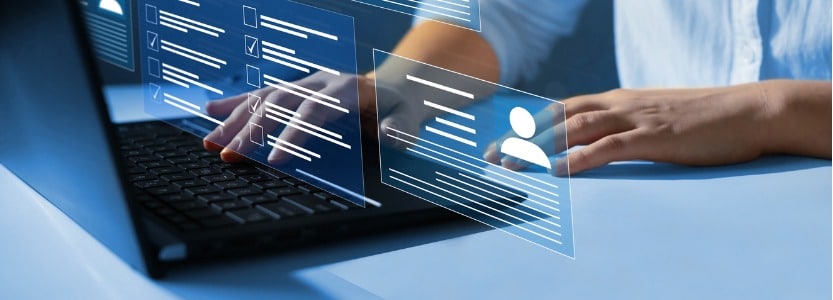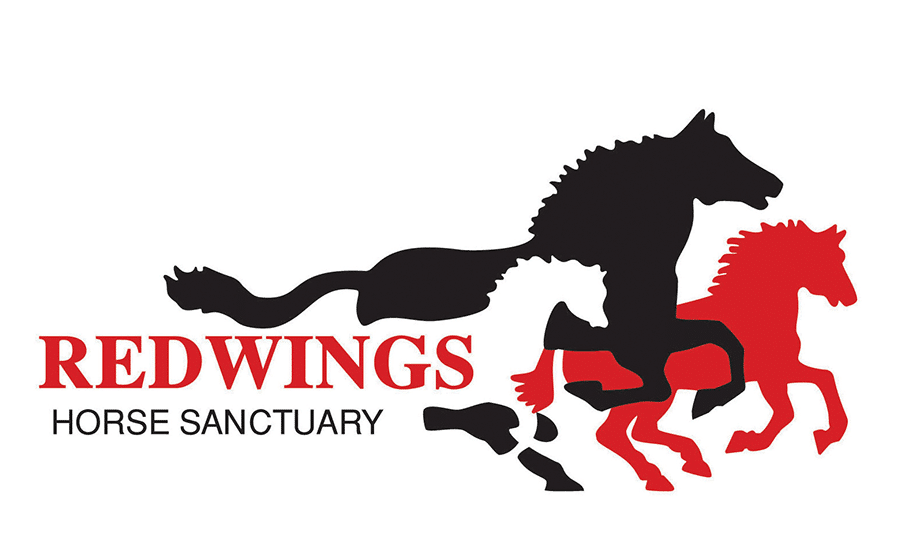Three benefits of a good Human Resource Management System (HRMS)
Updated 27th November 2024 | 4 min read Published 9th July 2024

If it’s not broken, don’t fix it – a classic saying that so many of us use.
However, this should not be applied to HR.
While the approach may at times work – a wobbly shelf just hanging on or a dated iPhone that has slowed but still runs.
Your people management, on the other hand, is not an area to cut corners.
Three amazing benefits of using a better HRMS
Outdated software (or no software at all) could be hindering your business massively, plaguing you with time-consuming admin and ineffective people processes.
A Human Resource Management System (HRMS) – also known as an HR Information System (HRIS) or HR software – should form the foundation of your people management, empowering you rather than hindering you.
In this blog, we showcase three amazing benefits that good software provides, showcasing why you shouldn’t settle for anything but the best.
1) Real-time people insights
To truly embrace the future of people management, good data is paramount.
Without good data, you’re making decisions based on gut feeling rather than fact.
A good HRMS system offers access to real-time data, unpacking critical areas such as wellbeing, engagement, productivity, hiring and compliance.
With your software, you should be able to use data to answer questions such as: Which department has the highest churn? Are hybrid workers more productive? Do people take the most sick days on a Friday?
To make digesting data even easier, also seek functionality such as integration and dashboards.
Everyone is busy, so quick access to information is vital.
With integration, your HRMS connects with other critical systems, such as payroll and finance, providing a holistic view of all data without the need for further human input.
For example, with integration, you no longer need to bounce between systems to get the CVs from a new job advert or ask staff to complete performance reviews, only for you to later manually upload the information into your HR system.
Also, having lots of data is great, but you’ll want somewhere you can easily compile and review it, helping you make better decisions.
Dashboard functionality enables you to compile crucial information in an easily digestible way, giving staff, managers and leaders a snapshot into vital areas such as teams, performance, training and engagement.
2) Less admin and more time to focus on the important stuff
From creating the perfect company culture to managing areas such as learning & development (L&D) and recruitment, HR professionals have a lot on their plate.
As such, there’s a critical need to be proactive, but outdated software (or no software!) can pose a major hurdle to your goals as processes require far more human input, admin and paperwork, creating an enormous time-drain.
Frankly, software should make your life easier.
Our advice is to search for HRIS software that offers automation and workflows to reduce the amount of mundane admin.
A great example of automation would be triggers for new starters.
For example, when someone joins your business, the software automatically sends them the relevant materials and documents that need signing.
Another great Human resource system feature to make your life easier is employee self-service.
Please can you change my bank details? Can I submit a holiday? Where can I find information on my team?
These are just a few of the daily questions HR teams receive without self-service.
Seek a system that provides employees with their own HR portal, enabling them to handle these minor tasks and freeing you up to make a bigger impact.
3) Greater freedom with the cloud
Working from home (WFH) has cemented itself as the norm, and, as such, you need an HR system that can accommodate.
Remote staff need access to all crucial HR processes – such as submitting holidays, reporting sickness and accessing training – wherever they are.
Plus, if those in HR want to make the most of flexible working, the software must be accessible from anywhere with an internet connection.
You need software that isn’t bound to a physical location.
Look for a cloud-based HR software, enabling people to access it from any location, on any device with an internet connection.
Additionally, cloud HR also helps bolster security.
With a cloud Human resource management system, ensuring security and maintaining updates is the responsibility of the provider, meaning you can simply log in and go with complete peace of mind.
What’s next for your business?
Hopefully, the blog has provided insight into the benefits of a good HRMS.
So, now that you are armed with the information and understand what to look for in an HRMS, the question is: what is next for your business?
With years of experience in creating people-powered HR software, we can help.



